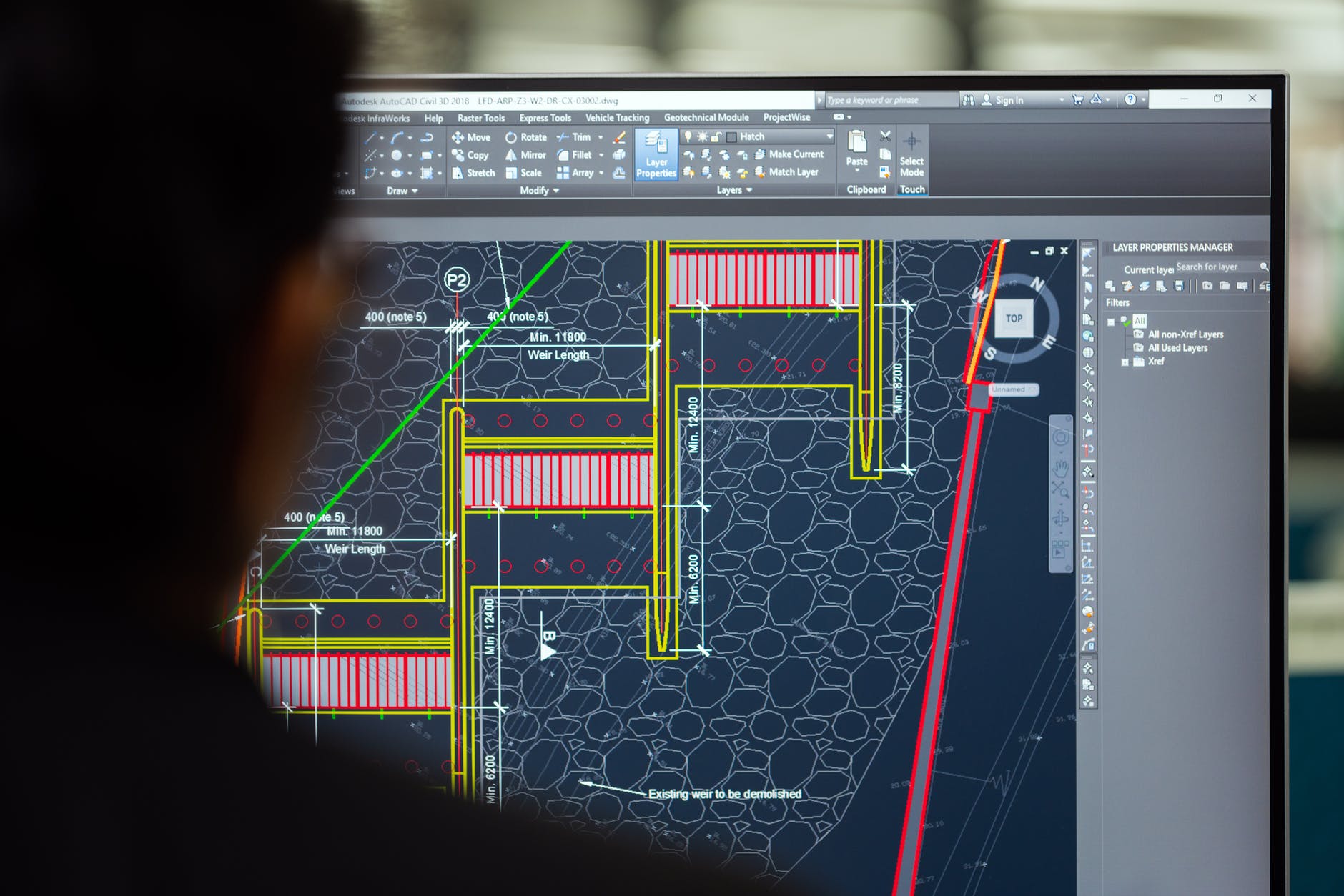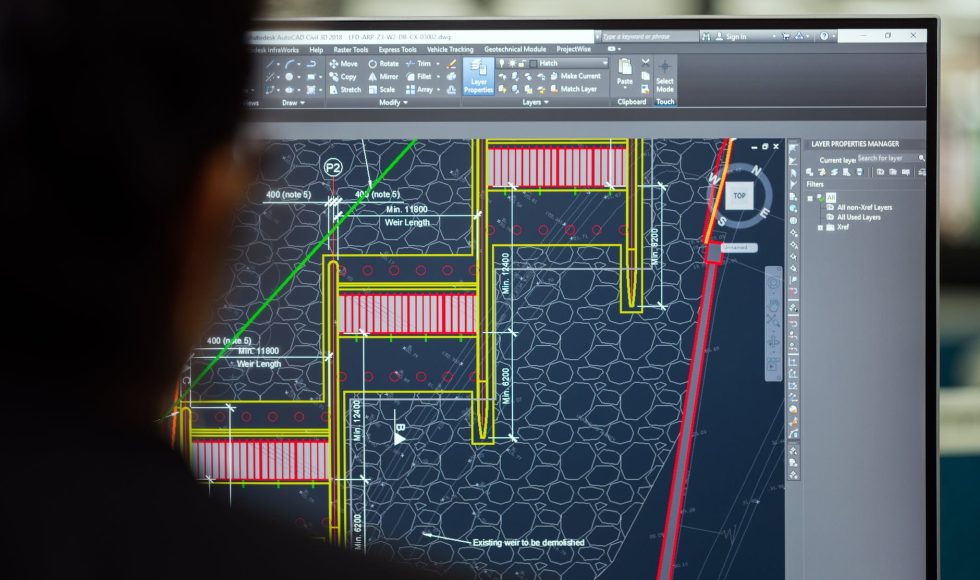Boone Gorges is an open source developer and recounted their history and career during day 2 of the OERxDomains21 conference. Gorges was at CUNY and this exposure helped the development of an interest in academic exchange. Gorges talked about how WordPress and BuddyPress helped develop web 2.0 connections. I did not know that WordPress allowed modification and sharing. Gorges talked about sharing methodologies, tricks, plugins through talks, posts, and plugin repositories. How cool! Gorges talked about the cycle with funding from the university going to open source developers who then create software that is shared publicly, fulfilling some of the missions of outreach of higher education. Gorges mentioned that he has benefitted from this cycle with CUNY giving money to him to build something that can be shared for free. Gorges calls it the “patronage” model. It was interesting to hear Gorges describe this model and the redistribution of funds and creation of open resources. The sustainability of the model seems feasible. Gorges also talked about the radical challenge brought by smartphones and apps that overwhelmed the software application development momentum. Gorges struggled and mentioned withdrawing a little… and then started the Reclaim Project. Gorges moved to Linux-based devices and authentic connections. Gorges wanted to reclaim his attention too and doesn’t use Twitter, for example. While some of Gorges’ ed tech predictions from 2014 came true, Gorges’ mentioned that open source developers continue to innovate and help universities pushback against the software giants, for example.
Johanna Funk presented on “Open Practice and Workforce Capabilities” and experience of a GO-GN Fellowship Funk completed. Funk renovated an interdisciplinary curriculum at Charles Darwin University in Australia. The fellowship was a continuation of Funk’s dissertation work looking at several case studies of “culturally secure and sustainable engagement.”Funk asked: How can we use OEP in Workforce and Cultural Knowledges?” and mentioned situating our work and relating it to wicked problems. Importantly, Funk spoke about how knowledge extends beyond the classroom and brings in cultural and community competence and engagement. Students discuss controversial topics and the influence of Western culture. Students also contribute to a PressBooks text. Funk performed Developmental Evaluation and analyzed courses every semester. Student feedback included comments about communication skills on sensitive topics, identifying privilege, promoting equity. Students used specific language, and the open educational practices/pedagogies seem to create community, improve communication, openness to acknowledge privilege and difficulties, and, Funk mentioned, reduce plagiarism! I truly love learning what OEP is for different people and how it affects them and, most importantly, the students in the courses they teach. The examples shared by Funk of a major redesign now shifting to more open practices/pedagogies showcases how versatile open practice is and how it already addresses job readiness and communication. At the end, the discussion mentioned how open practices return trust to students and encourage communication, even on difficult topics. I do appreciate the cultural and work readiness aspects that Funk brought to this course.
The last session I watched tonight was about “Trent Online: Trent Extend MOOC Spring 2021” presented by Christian Metaxas, Kristine Weglarz, Terry Greene and Stephanie Park. They started their presentation by telling the audience about what they want to do. They did this using a Padlet board which was very creative! The group designed a MOOC (although they said “lowercase m MOOC”) for the Trent Extend project. The mOOC is described as a learning extravaganza and has several modules. You can get mini-credentials/badges for module completion. They also posted podcasts. The badges are through CanCred and help with professional development. What the team mentioned several times was that the journey, the learning journey, is unique for each participant. Metaxas mentioned how fun and flexible the journey was: they completed a concept map using Coggle, watched a video from a master educator and took Cornell notes, and created an H5P activity. The team had so much fun creating this course and making it an adventure ready to share with others. They are going to each lead a module and continue having fun improving their work and inspiring others. Again, this is another example of how open engages.



